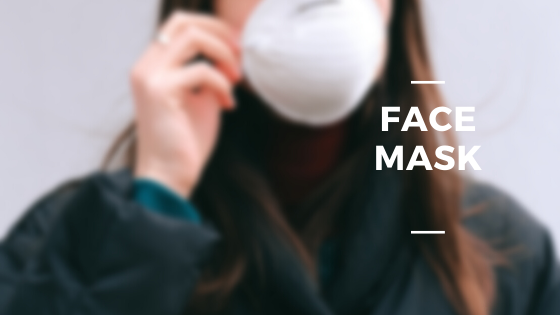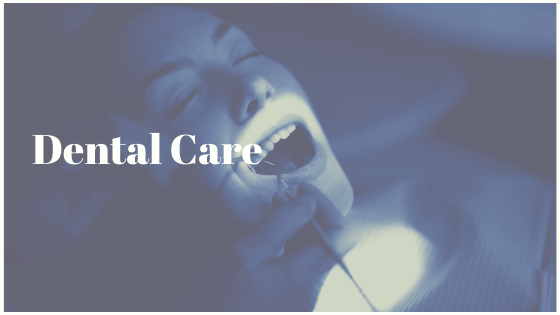A deep bite, also known as an excessive overbite, is a common dental condition where the upper front teeth overlap the lower front teeth excessively when the mouth is closed. Understanding the risks associated with this condition and taking preventive measures is crucial for maintaining good oral health. ปัญหาการสบฟันนี้ไม่ควรปล่อยไว้, as it can potentially cause more severe issues over time.
Risks of Deep Bites
- Tooth Wear and Damage: The excessive overlap of the upper teeth on the lower teeth can cause excessive wear on the tooth enamel. Over time, this can lead to sensitivity, cavities, and even tooth loss. The constant grinding and rubbing of teeth against each other accelerates the wear and tear process.
- Gum Recession: The constant pressure from the misaligned teeth can cause the gums to recede, exposing the tooth roots. This exposure not only makes the teeth more susceptible to decay but also increases the risk of infection and inflammation in the gum tissue.
- Jaw Problems: A deep bite can put strain on the jaw muscles and the temporomandibular joint (TMJ), which connects the jawbone to the skull. This strain can lead to pain, headaches, and even jaw dysfunction, making it difficult to open and close the mouth properly.
- Speech Difficulties: In some cases, a severe deep bite can affect speech, making it challenging to pronounce certain sounds correctly due to the misalignment of the teeth.
- Aesthetic Concerns: While not a medical issue, a deep bite can affect an individual’s appearance and self-confidence. The protruding upper teeth and the lack of visibility of the lower teeth can be a cosmetic concern for some individuals.
If you are experiencing a deep bite problem, consider consulting with Surat Orthosurgery, a reputable orthodontic practice in Thailand that specializes in addressing such issues.

Prevention and Treatment
Early intervention is key to preventing the development or progression of a deep bite. Regular dental check-ups, particularly during childhood, can help identify and address this condition promptly. Here are some preventive measures and treatment options:
- Dental Monitoring: Regular dental visits allow for early detection and monitoring of the development of a deep bite. This enables timely intervention to prevent further complications.
- Habit Modification: Habits like thumb-sucking, tongue-thrusting, and prolonged use of pacifiers can contribute to the development of a deep bite. Addressing these habits early through behavior modification techniques or appliances can help prevent the condition from worsening.
- Orthodontic Treatment: In some cases, orthodontic treatment, such as braces or clear aligners, may be recommended to correct the misalignment of the teeth and improve the bite. This can help prevent further damage and restore proper occlusion (bite).
- Tooth Reshaping or Restoration: In milder cases or when orthodontic treatment is not an option, tooth reshaping or dental restorations (like crowns or veneers) can be used to adjust the length or shape of the teeth, improving the bite and preventing further wear.
- Oral Splints or Night Guards: For individuals with a deep bite who experience jaw pain or teeth grinding (bruxism), oral splints or night guards can help protect the teeth from excessive wear and reduce strain on the jaw muscles.
In Conclusion
By understanding the risks associated with deep bites and seeking timely treatment, individuals can maintain optimal oral health and prevent potential complications. Early intervention and a proactive approach are key to ensuring a healthy, functional, and aesthetically pleasing bite.





























